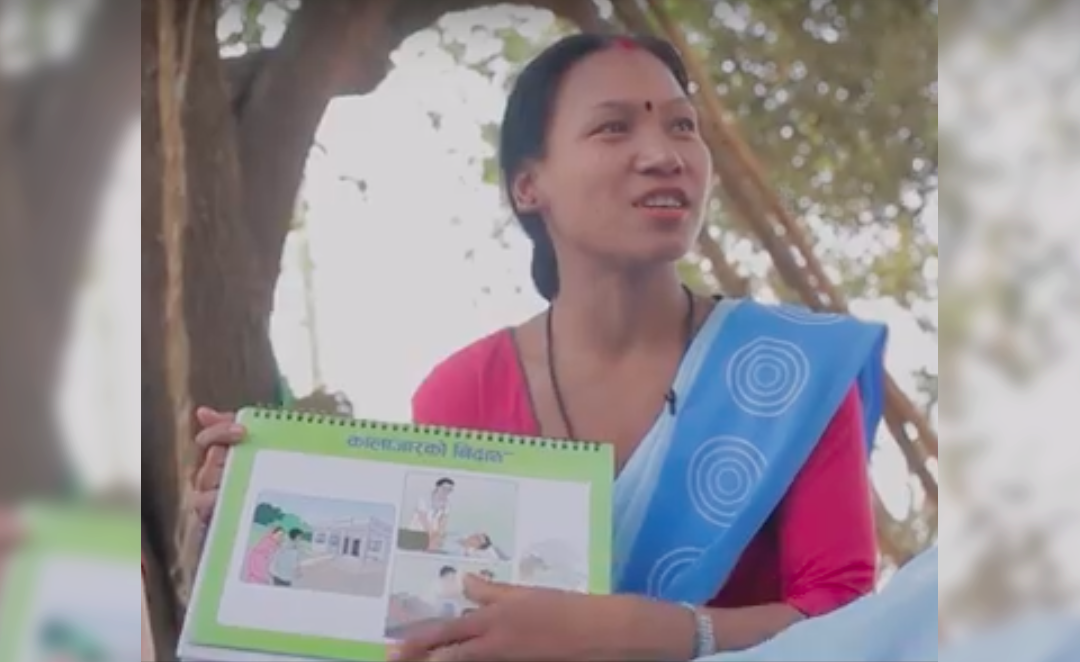In Nepal, especially in rural and remote areas, women and their newborns struggle to access health care due to poverty, long distances to health facilities, or because high quality health services simply are not available.
Female Community Health Volunteers [FCHVs] play a vital role in overcoming these barriers and challenges for women. Living in the communities in which they work, they are volunteers who provide essential health services and information to their communities. FCHVs act as a bridge between community members and local health facilities by promoting the use of services and referring women to clinics and hospitals where needed.
FCHVs improve community members’ knowledge of issues related to maternal and infant health by conducting workshops at Mothers Groups and providing individual health check-ups and counselling. In Nepal, there are nearly 50,000 FCHVs. Their work helps improve the survival rates and the health of mothers, newborns and infants.
International Nepal Fellowship supports FCHVs in Nairanapur and Raptisonari Rural Municipalities of Banke District as part of a Maternal, Newborn and Child Health [MNCH] project. By providing extra training, mentoring and support, INF is developing their skills and confidence and helping enhance their impact for women and children.
Jharana Kumari Tharu is an FCHV in Raptisonari Rural Municipality in Banke District, in South-Western Nepal. She helps educate and inform the community, and support all women and children, particularly the most vulnerable, through regular Mothers Group meetings.
“Many people in the community know me as the FHCV,” she says. “Even the small children know me. Kids who were born in front of me are now talking to me and joking with me.”
“It makes me happy that they know me well.”
You can view a video of Jharana’s story at tiny.cc/fx68jz



